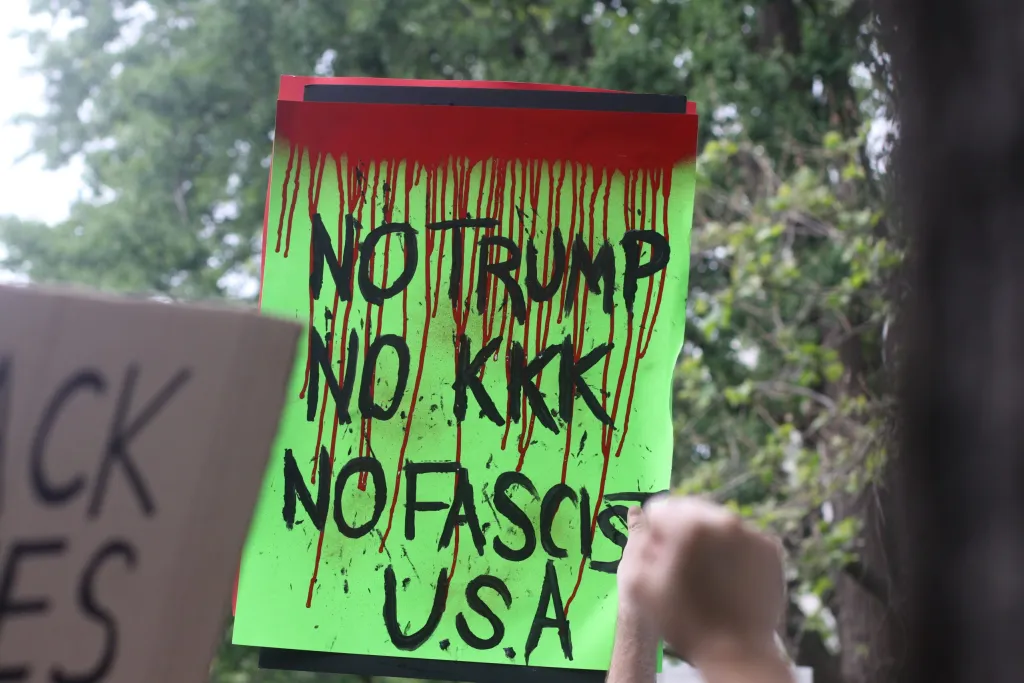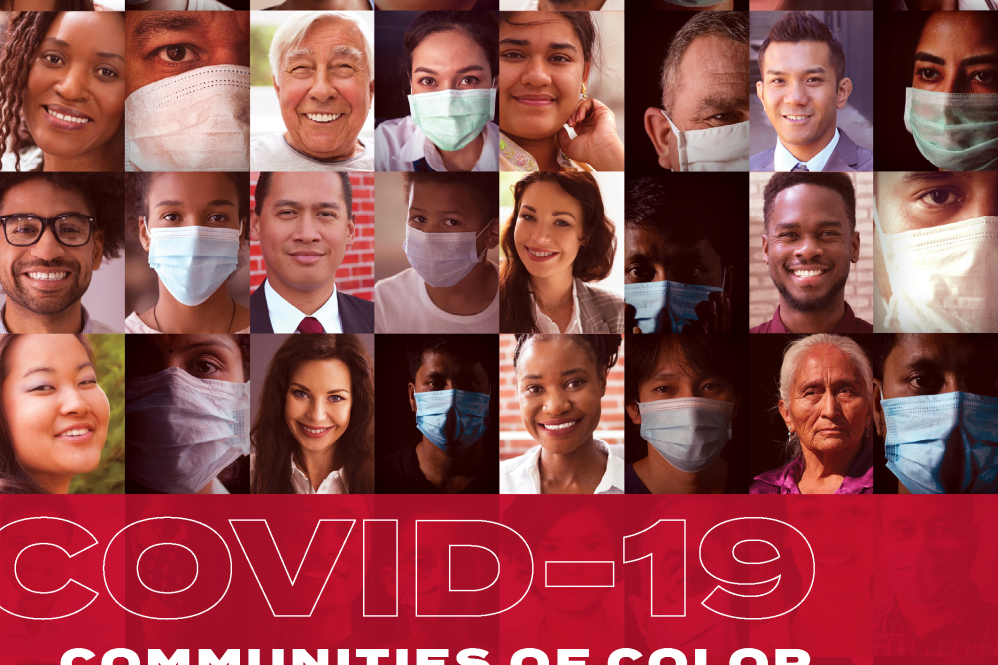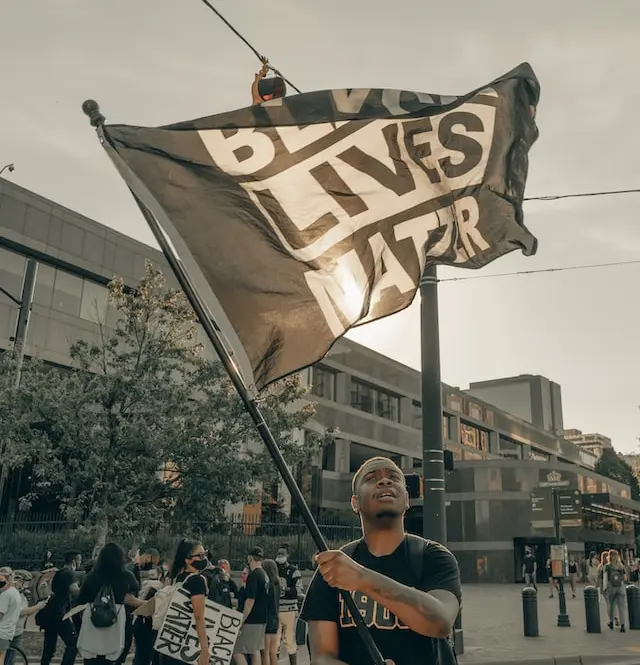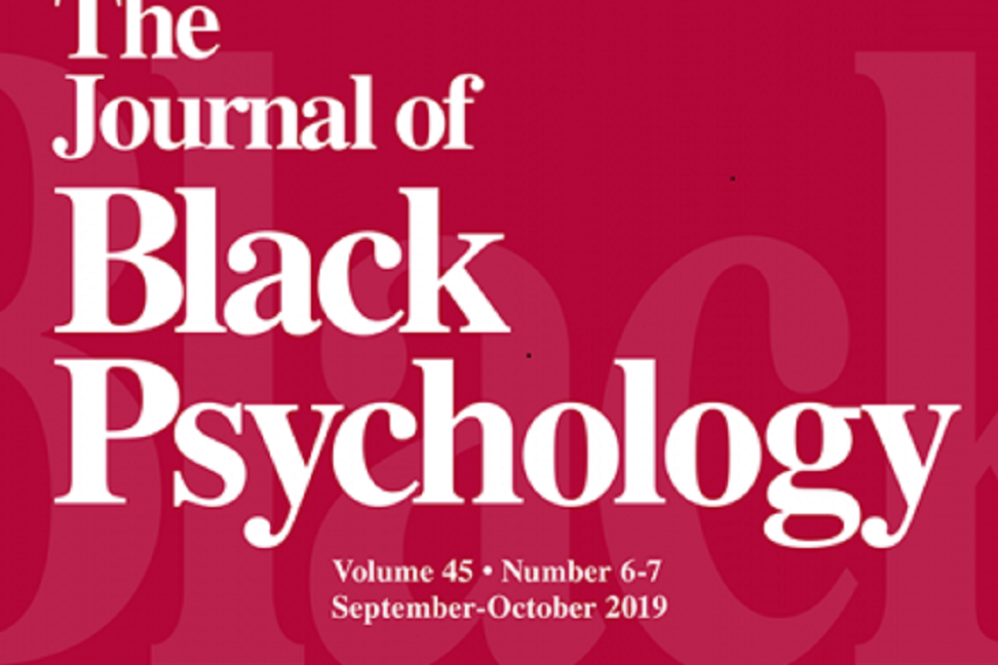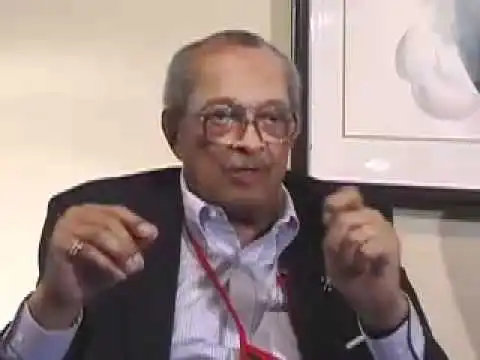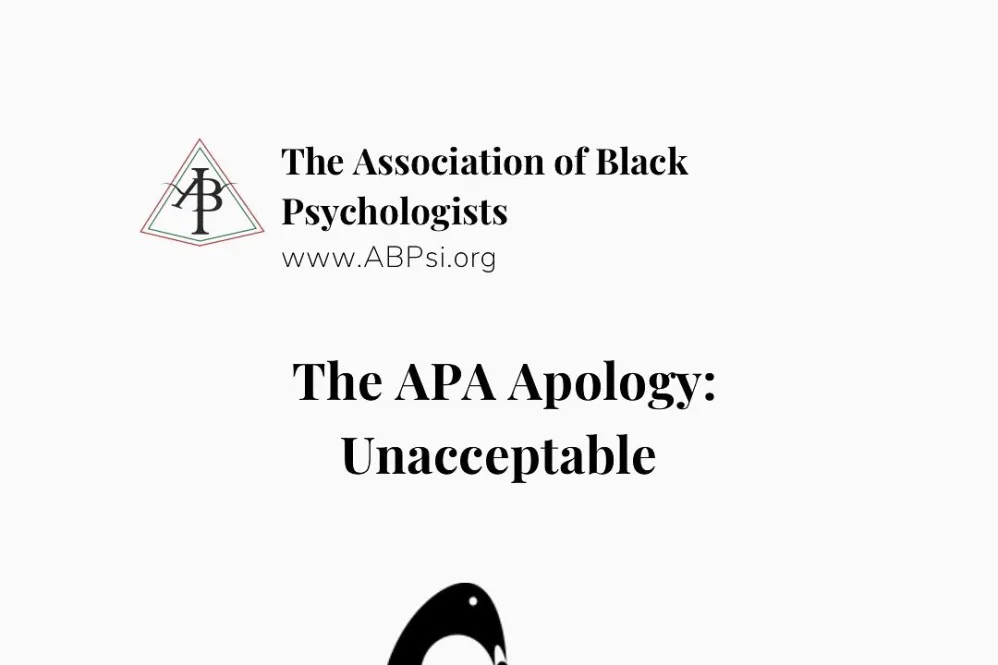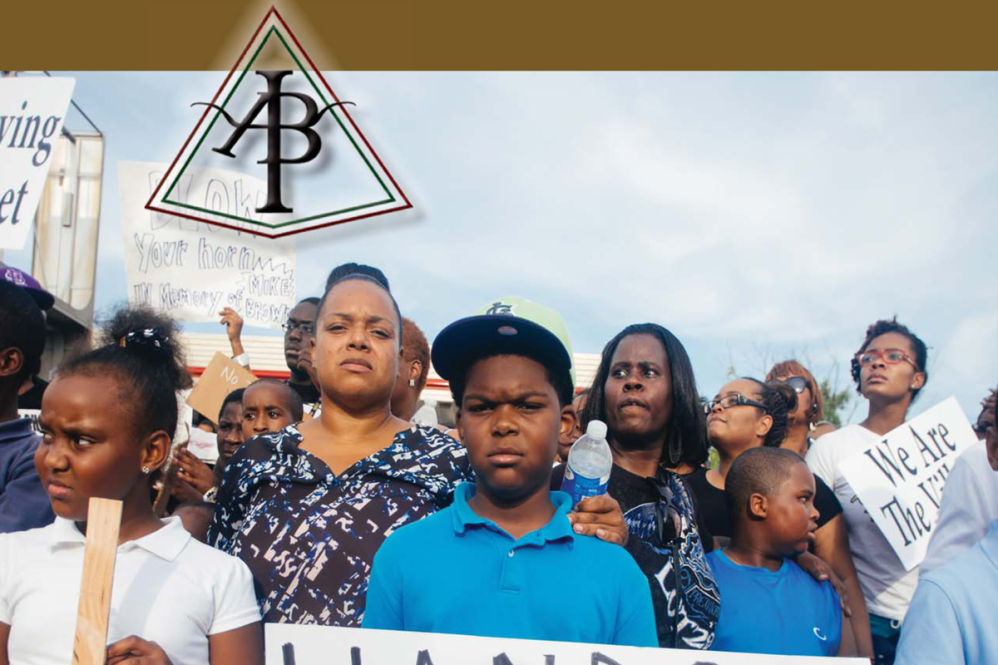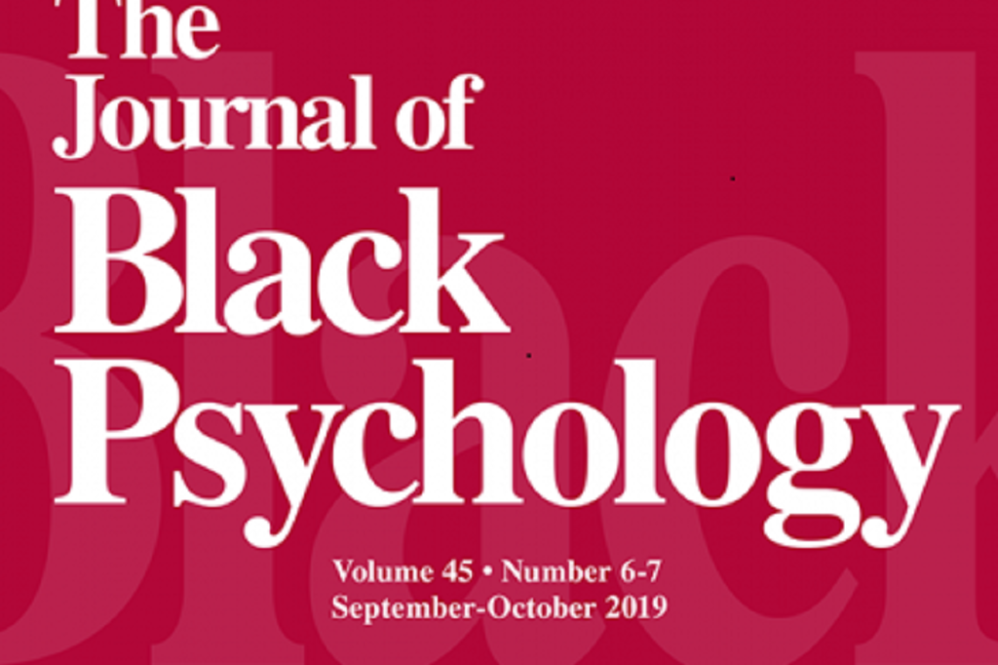A Founder of the Association of Black Psychologists (ABPsi), Celebrating his life journey—April 10, 1923—January 5, 1923
By Dr. Benson G. Cooke, ABPsi Historian
Remember the wisdom of your ancestors in order to become wise.—African Proverb
Background.
Born April 10, 1923, in New Haven, Connecticut to his mother, Flora Jefferson Escoffery (born during the Reconstruction Period in Camden, South Carolina), and his father, Gerald Summerville Escoffery (who was born in Jamaica, British West Indies). His parents would eventually migrate to New Haven, Connecticut, where they would meet and marry in the latter months of World War I. In 1921, his brother Gerald Wellington Escoffery was born. Unfortunately, in addition to the conflict of world war, he would also grow up during the challenges of the catastrophic economic collapse of the Great Depression in the 1920s.
Education.
His love for learning would be cultivated by attending public schools in New Haven, Connecticut, where classroom learning would include field trips to museums and other historical sites. Unfortunately, the ravages of the Great Depression would make it hard for his father to sustain steady employment. So, in 1935 the whole family moved from an urban setting to a more rural location in West Haven, Connecticut. In West Haven, he would continue to benefit from an excellent educational experience through High School. As the only Black student through his education in West Haven, he would also experience an early education that was absent of any Black teachers.
Early Employment.
After graduating from High School at 17, he accepted a tuition scholarship to attend Howard University. However, his father’s illness and his mother’s role as caretaker would result in Dr. Escoffery seeking a job to help support the family. As the Depression was still in effect, he joined the Civilian Conservation Corps (CCC), later finding a job as an upholstery assistant at a Chevrolet dealership in New Haven. About a year later, he would find employment at the Winchester Rifle Company in New Haven.
Military Experience.
So, after a very brief college experience at Yale University in March of 1943 and following two draft deferments because of his vital war work during World War II, he would be drafted to serve in the Army and trained at Camp Croft in Spartanburg, South Carolina. In his ABPsi biographical statement, he said, “I was exposed to my first bitter taste of blatant racism.” “This was a time when the military forces in 1943 were completely segregated in every respect”. Eventually, after completing basic training, his company would be stationed in Casablanca, Morocco, in North Africa. His unit would subsequently travel to Oran, Algeria, and eventually be stationed in India, operating a transportation service for American, British, and Indian troops. Ultimately, his company would be transferred to serve in China and Burma. Finally, in August of 1945, at the end of World War II, his company was deactivated and returned to the United States.
Undergraduate Education.
In 1946, he would once again pursue his interest in receiving a college education by enrolling in the School of Journalism at Columbia University in New York City. His emersion into a broad liberal arts curriculum would eventually expose him to psychology. At that time, psychology was young and focused more on a laboratory, experimental field of study. He was taught by many of the founding experimental psychologists of the time. In the summer of 1950, he earned his B.A. Degree in Psychology. Taking advantage of his G.I. Bill, he immediately enrolled in the M.A. Degree program in psychology (taking an overload of courses) to complete his graduate degree in January 1951. With these two degrees under his belt and previously married in 1948, it was time to secure a job to support his wife and anticipated family.


